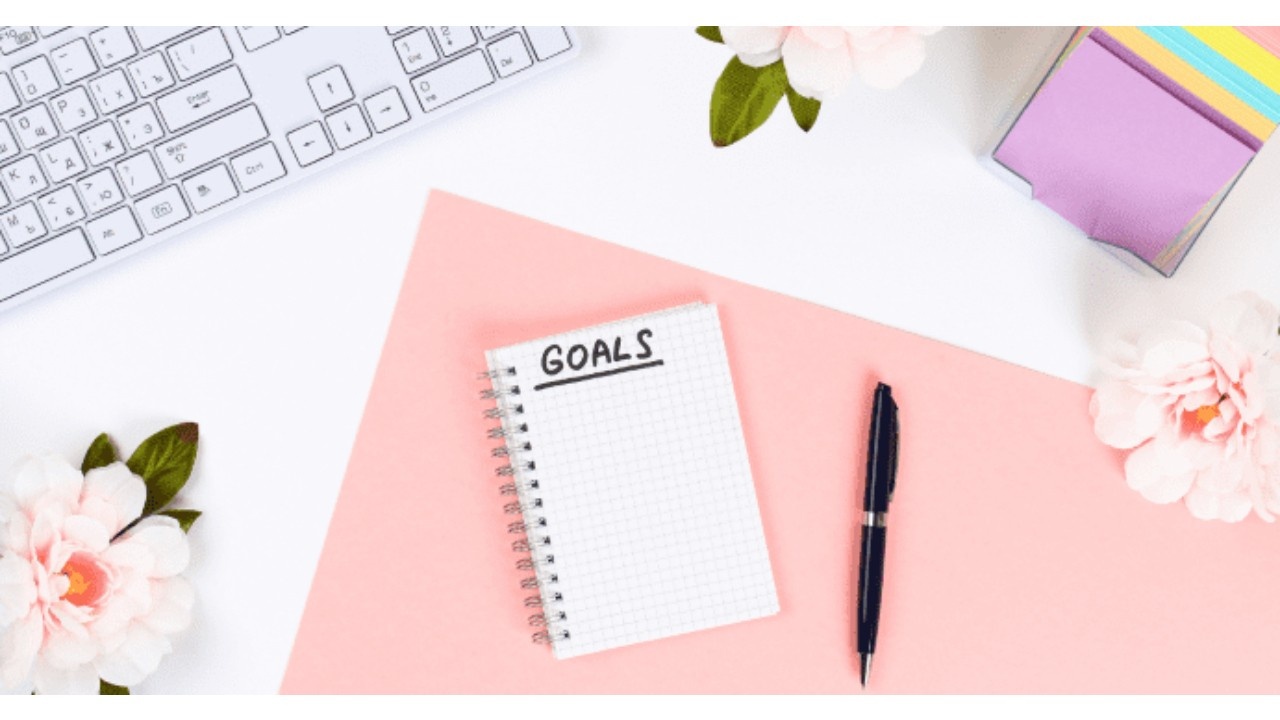Maybe My Redefinition After 50 Means Simply Creating a New Good Habit?
Dec 14, 2020
I’ve been posting quite a bit on Life Balance After 50 on the topic of women redefining after age 50. And it’s often involved major redefinitions.
I’ve always wanted to write. Even as a young girl. I have finally done it at the age of 58.
But, what if you’re happy with your major roles exactly as they are? You like your job or your retired life. You see your grands the perfect amount of time each week, month, or year. Maybe you’re caring for your senior parents and that’s going smoothly. You love where you live, travel the perfect amount, and you’re feeling pretty good about your health.
But, you’ve got a habit or two you want to change. Maybe you want to exercise every single day and are struggling to stick with it. Start your grandma journal. Read more. Grow your own veggies.
The process, scheduling, and goal setting for habit change is very similar as it would be for a more significant redefinition. Change is change.
Identify the Habit that you Want to Create
What is exactly that you’d like to do? Start with a general idea and then sit and reflect and make a very specific, measureable goal.
Some examples and corresponding goals:
- “Start a new exercise routine.” A sample goal might be, “I’m going to walk 5 days per week and do strength training twice a week.”
- “Drink more water.” Sample goal: “I will drink 64 ounces of water every day.”
- “Start journaling” Sample goal: I will buy my journal by Saturday and begin journaling every morning with my coffee.”
Be realistic about what you will really do – set yourself up for success. Don’t set a goal that you will run 5 miles every day right off the bat if you haven’t had a regular exercise routine for years. You will get frustrated and throw in the towel pretty quickly.
Start off by setting smaller attainable goals and reinforcing yourself constantly. Once you’ve achieved those goals over a period of time, increase the demand on yourself. For example, if you want to start a daily exercise routine but haven’t exercised in years, start off with walking daily for 15 minutes and strength training once per week. Once you’ve done that successfully 3 weeks in a row, a follow up goal might be walking daily for 20 minutes and strength training twice. Next step might be 30 minute daily walks and strength training 3 times per week. And next step might be to start jogging.
Try, whenever possible, to practice your new habit daily. This will help “cement it” as a habit and will make it more difficult to procrastinate or move it to another day.
Always phrase your goals in the positive. Outline what you want to accomplish, rather than what you don’t want to accomplish. Instead of saying, I’m going to stop eating junk food, your goal might look like, “I’m going to eat 3 servings of veggies every day.”
Schedule the Habit, When Possible
Make it a priority.
Reward Yourself
As a behaviorist, I cannot stress the value in this enough. Build rewards in as you start to work on your new habit and reward yourself frequently, especially at the beginning. For example, each time you exercise, treat yourself to an iced coffee afterwards. Something that you really look forward to. It will pair the exercise with something pleasurable afterwards.
Use a tiered reward system for yourself – allow yourself a small treat for smaller successes and a larger treat for larger successes. For example, you can treat yourself to an iced coffee every day that you exercise. After you’ve met your weekly goal for 3 weeks, treat yourself to a new pair of workout pants or a cool sweatshirt.
Write down your goals and corresponding rewards and put them in various places where you will see them – on your mirror, on a bulletin board in your office, on your fridge. These will provide you with constant, subtle, visual reminders.

Like All Redefinition, There Will be Internal and External Barriers
We all know the horrible saying, “You can’t teach an old dog new tricks.” It’s said to be one of the oldest sayings in our language. Many of us tell ourselves some version of this as we try to create a new habit or redefine some aspect of our lives. We tell ourselves we are too old to _____ and that it’s too late.
As a career behavior analyst, I’m here to tell you it is NEVER too late unless you’re dead. End. Of. Story.
External barriers may include things like not being able to fit the habit into your schedule, money, or friends and family sabotaging – often without realizing it.
Sit and reflect on what potential barriers might be once you’ve set your goals. And brainstorm ways to overcome those barriers ideally before they come up. That way you’ll be prepared and won’t need to flounder in the moment.
Find Your Community of Like-Minded People
This can happen in real life and real time, on social media, or both. Having this community is a source of support. Perhaps more importantly, it is a resource for meeting an accountability partner or group. Research shows that having an accountability partner greatly increases one’s chances of success when goal setting or creating new habits.
Be around people who share your goals and aspirations. This will give you an extra boost in succeeding in your endeavor.
Change One Habit at a Time
Do not attempt to change several habits simultaneously. This is similar to the example of deciding to run 5 miles a day after you haven’t exercised regularly in years. It will become overwhelming and it is likely that none of your habit changes will be successful.
Just set goals for one habit and focus on that. Once you’ve got that where you want it for 6 months straight, then start to look at the next habit you’d like to redefine, if there were several.
Practice Affirmations Around Your Habit - Write Them Down
One of my daily affirmations around physical health and activity is: “I am a healthy active wife, mother, and grandmother every day.”
Another example around exercise might be: “I do healthy and good things for my body every day.”
An example around water: “I make sure my body is hydrated every single day.”
Add these to your goal and reward sheets and put them on your mirror, in your office, on your fridge, etc.
Keep Your Eye on the Prize
As you move forward with your plan for the next 30+ years of your life, keep your eye on the prize. Don’t rob yourself and others of the gifts that you have left to give.
If you’re looking to redefine an aspect of your life and would like guidance as you reflect, be sure to download your free “What’s Next Workbook.” And grab a cup of coffee or a glass of wine and sit back and dream, reflect, and set your goals.
Then get up and start taking your next steps. You got this!

